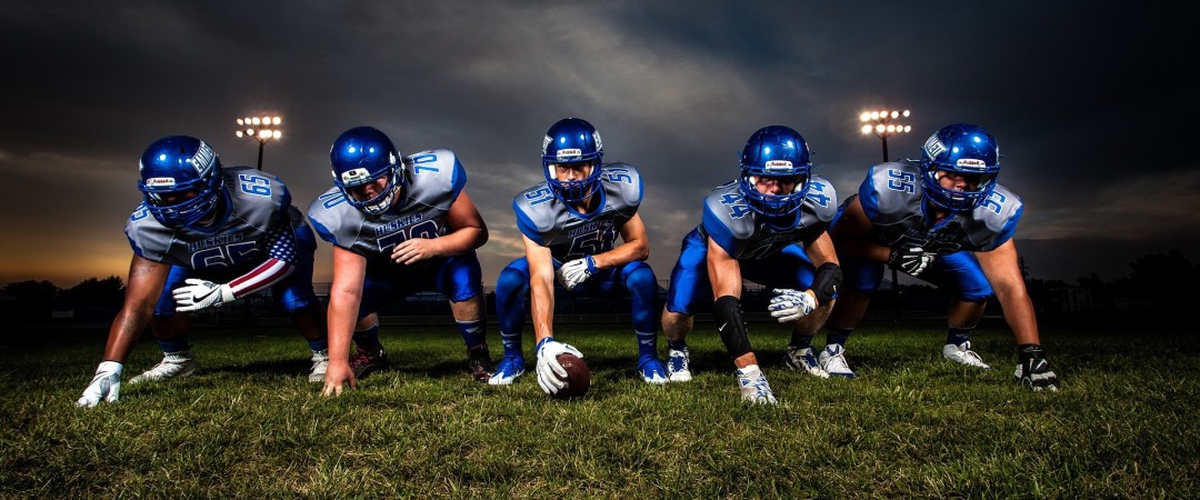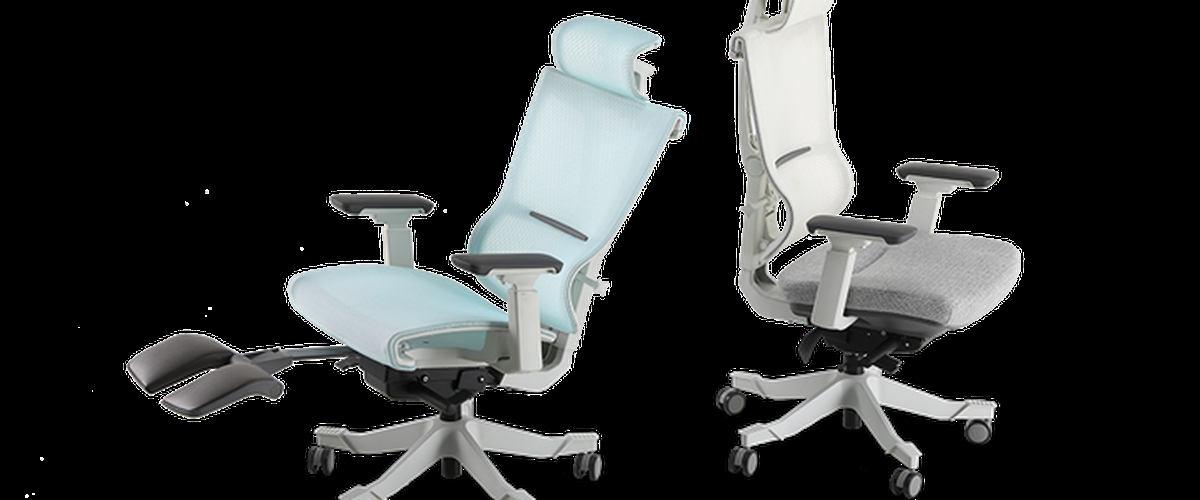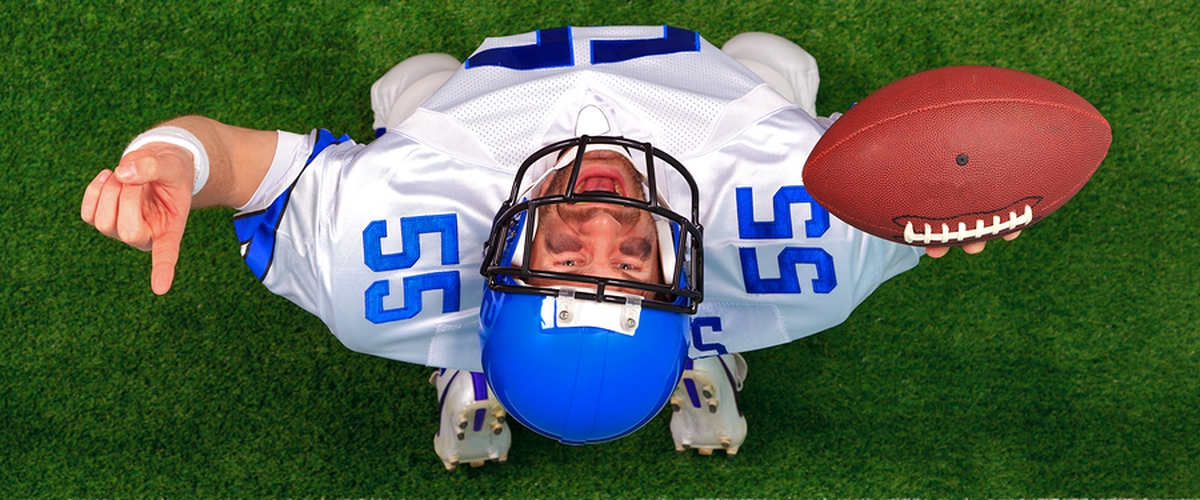Georgia high school football player dies during game due to injury – Here’s how to avoid exposing yourself to such risks
A month ago, a Georgia football player has died after suffering severe injuries during a high-school game.
The high school football player, the 17-year-old Dylan Thomas, was a linebacker at the Pike County High School in Zebulon. During the second quarter of the game, Thomas was hit and later collapsed on the sidelines. An arm and a leg went numb. The teenager was rushed to the regional hospital, from where was transferred later to the Memorial Hospital in Atlanta. He underwent surgery. But Thomas’ brain swelled and he went into a coma. Two days later, he was dead.
A commission is currently investigating the whole event, the moment of the impact and the events that led to the sudden death of an otherwise incredibly healthy teenager.
But this raises several new question marks. How can we prevent similar events from appearing? How can we teach safety on the field more effectively to more football players, regardless of their age or experience? Certainly, football is a contact sport. Injuries are expected in similar sports. But how can players learn to avoid such unfortunate events? We have more tips and information in the following paragraphs on this topic.
Proper preparation for play
As we all already know, football injuries are some of the most frequent injury types among high schoolers. In 2012, according to the US Consumer Product Safety Commission, approximately 500,000 injuries were treated in hospital emergency rooms, all football-related. Proper preparation for play is one of the main methods to avoid being one of the less fortunate treated in emergency rooms. To prepare accordingly for your game, follow the tips below.
· Maintain high fitness levels. Be sure that before the football season starts, you are in great physical condition. To tackle this, make sure that during the off-season you maintain a healthy diet and stick to a strict fitness program. Include aerobic exercises, strength exercises and flexibility training, for the best results. If the start of the football season finds you in a poor physical shape, make sure to progressively increase the effort that you put into your training. Slowly increase your activity level and try to build back a proper physical shape that is usually required by this sport.
· Take your pre-season physical. All players should go through a detailed pre-season physical that will establish if they are suitable and ready for a new season. If the commission limits your participation, remember that this is due to health concerns and you should start to slowly rebuild an outstanding physical state.
· Always warm up and stretch. Never underestimate the power of a good stretch and warm up. These two will prepare you for increased physical effort and will help you prevent hip, knee and calve injuries. There has been proven on multiple occasions that cold muscles lead to significantly more injuries.
· Hydrate. You are unlikely to notice that you are dehydrated unless you are severely dehydrated. Even mild levels of dehydration will damage your athletic performance and can lead to fainting when the effort is too high. Even if you don’t feel thirsty on the field, make sure that you take frequent small sips of water.

Take care of yourself outside the field
Remember that not only your conduct during the game matters for proper safety but also what you do outside the field. To make sure that you are safe on the field, assure that you lead an otherwise healthy lifestyle outside of it.
· Make sure that you have a healthy diet. Avoid eating too many carbohydrates and fatty foods, processed foods and drinking too much soda. Eliminate these, if possible. Instead, try to adopt a diet based on lean protein, fibers and lots of vegetables and fruits. Replace your day-to-day snacks with healthier versions, like nuts.
· Maintain a proper posture when studying. You may be unaware of this, but your posture at the desk matters enormously when discussing your general physical health and wellness. People underestimate the role played by a proper desk and chair, such as the EvoChair from Autonomous. If you study for more than 2 hours daily, consider investing in a standing desk as well. It will work wonders for your circulatory system and physical health.
· Learn how to recognize various pains and aches. Being knowledgeable of how different life-threatening conditions feel like could potentially save your life. Taking a health course might help you determine more effectively if various pains that you feel are harmless and normal or have a damaging potential.

Proper equipment matters
Having proper protective equipment should be a rule of thumb when playing different sports, especially football. It significantly reduces the risk of injury, making the whole game safer. According to specialists, football players should have the following protective gear.
· Helmet;
· Shoulder pads, hip pads, knee pads, thigh pads;
· Proper pants;
· Mouth guard;
· Athletic supporter;
· Proper shoes;
· Glasses with non-shattering glass when necessary or contact lenses.
The lack of one or multiple pieces of football gear will increase the chances of suffering severe injuries exponentially. Make sure that whenever you train or play, you wear full protective equipment.
Don’t return to play too soon after injuries
Sometimes, football players don’t wait long enough after an injury and return on the field too soon. We shouldn’t tell you this, but it exposes the player to numerous injuries and increases their rehabilitation time exponentially. An injury’s symptoms should be completely gone before returning to play.
· Make sure that in case of joint issues, you don’t return to play with any sign of swelling, pain, and you should have a full range of motion before starting. Strength should also be in usual parameters.
· In case of more complex medical concerns, like concussions, the player must have absolutely no symptoms before returning to play whether that you rest or exercise. Plus, you should be cleared by professional medical providers.
While football injuries are incredibly frequent, some extra precautions and attention to your life and habits outside the field will help you reduce the chances of injury or more severe occurrences.
